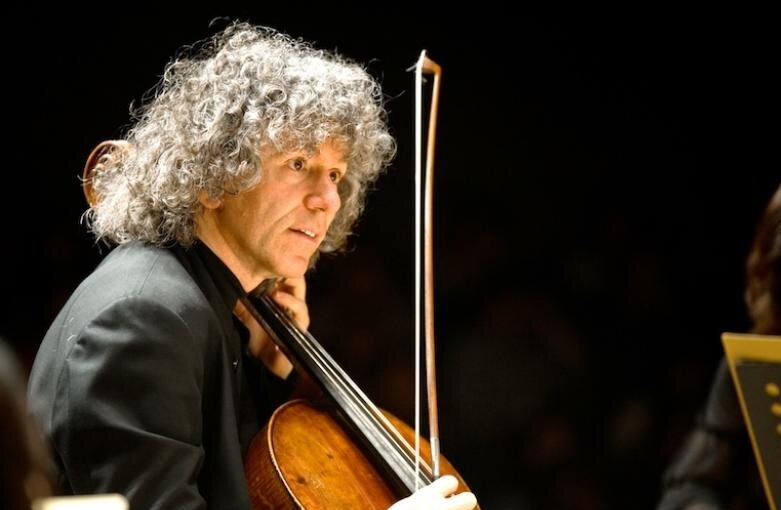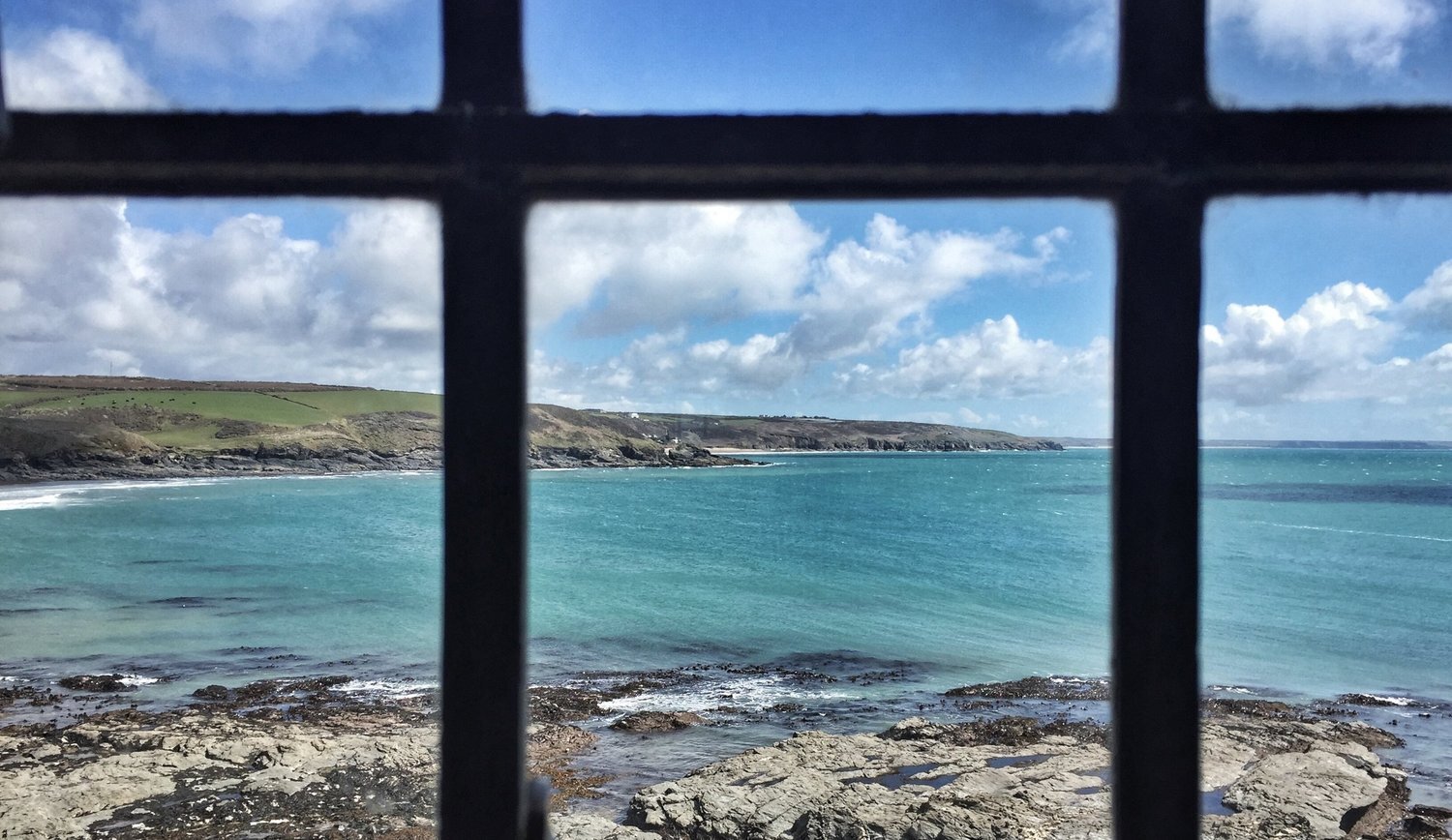Interview with Steven Isserlis
Last spring, I attended Prussia Cove's International Musicians Seminar in the UK where I had the opportunity to work with Steven for about 10 days.
Oh but wait, he is not a violinist...????
Well, he teaches a few violinists every year and I think (hope!) he has a lot of fun doing it! And as a violinist, it's often very interesting and refreshing to hear what other instrumentalists have to say.
This time, I also got to interview him to see what he has to say about Benjamin Britten's music. (I did have to ask him several times, but I got there in the end!)
What was the first piece by Britten you’d ever heard?
No idea! I cannot remember… hmmmm…..I’d like to say The Young Person’s Guide to the Orchestra, but I’m not sure it was. It might've been. I have no memory I’m afraid.
What are your impressions of his music?
I remember seeing Britten in the box at the first performance of the Third Cello Suite in Aldeburgh. Rostropovich had just finally been exiled out of the Soviet Union so he was able to play again. It was quite memorable. I’ve played the Suite there many times since-- I’d look into the box which was dark, and wonder if his ghost is sitting there.
I don’t love all of his music to be honest, but I certainly love that Third Suite. Thinking of the pieces that I play, I adore the Cello Symphony. I very much like the Sonata. I don't so much like the first two suites, so I don't play them. Of the music I heard, I find the War Requiem beautiful, Peter Grimes, also very beautiful. I can't say I got into Owen Wingrave when I saw it-- not even Albert Herring, but I haven't really given it a chance.
I mean he’s an incredible musician. He’s a true master, whether you like his music or not is irrelevant.
Not so long ago, I gave what I believe was the first modern performance of the sonata he wrote when he was about twelve years old. It was a very sweet little piece. Not a masterpiece, but it’s sweet. The Third String Quartet, of course, is also wonderful.
What is the difference between listening to his music as an audience member and performing his works?
Well it shouldn't really be that different if it was properly played. For me, the Cello Symphony was the biggest challenge because I really didn't like it when I first heard it. But now I love it. It took me time, I really really had to work on it. And then I realised that it’s a masterpiece. It’s sort of like a War Requiem for cello and orchestra.
I actually heard you play the Cello Symphony in Berlin!
Ohhhh you were there!!!
Prussia Cove, Cornwall, UK
Do you think the fact that he was geographically isolated from the continental composers had an effect on his musical language?
I think he was very conscious of what was going on. He knew a lot of music. He was friends with Shostakovich, obviously knew Berg’s music very well, and so I don't think he was so isolated. I think he made his own music world-- people came to him.
I see. In this project we are exploring the ways in which different composers dealt with the weight of traditions and influences, and how they found their own voice.
Ahh, interesting. Britten was quite a chameleon. He could assimilate different cultures. The Third Cello Suite is based on a Russian theme; Les Illuminations on wonderful french poems; he also had some Japanese influence... He was super intelligent, a little like Ravel in that way. He could take on different mantels.
What do you think he was like as a person?
Difficult. I knew lots of people who knew him. They all sort of said he was difficult. Not with children; he was great with children, but with adults, he was prickly. But that’s alright-- lots of geniuses were prickly.
Interviewed on April 9, 2016


